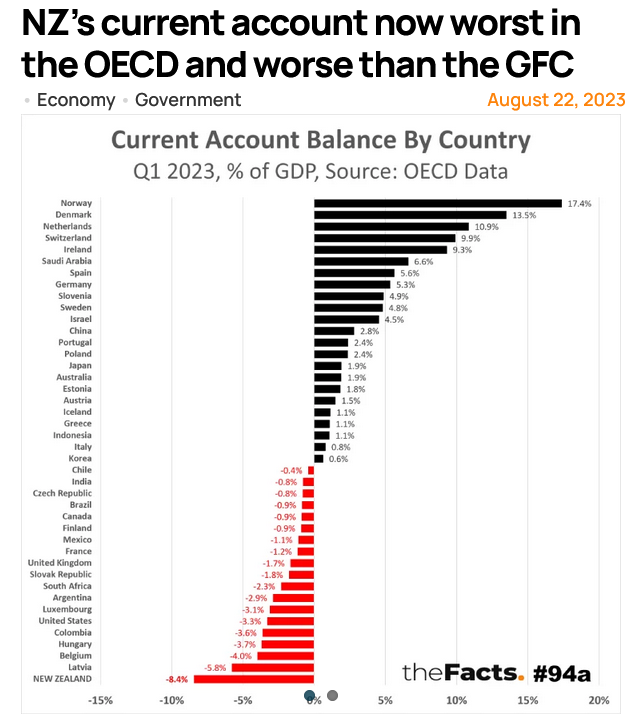As we embark on "Operation Tipping Point," a bold initiative aimed at reshaping our governance to prioritize the prosperity of New Zealanders, it's crucial to explore avenues that foster a fair and equitable business environment. Here's how we can better manage New Zealand's economy to put New Zealanders first, from the bottom up:
Promoting New Zealand-Owned Businesses:
One of the fundamental principles of Operation Tipping Point is to encourage the growth of New Zealand-owned businesses. By prioritizing local enterprises, we not only stimulate economic activity but also nurture a sense of national identity and pride. Reintroducing industries like woollen mills, clothing manufacturers, car manufacturing, oil refineries, leather factories, furniture companies, and flour mills can revitalize local economies and create employment opportunities.
Fair Wages and Pricing:
A cornerstone of our vision is ensuring fair wages for all workers. Farmers, in particular, deserve to receive prices that reflect the true value of their produce, rather than a mere fraction of retail prices. By cutting out excessive middlemen and streamlining supply chains, we can ensure that more of the profits from our agricultural sector flow directly to those who work the land.
Supporting Local Consumption:
Operation Tipping Point advocates for prioritizing domestic consumption of export goods. By ensuring that New Zealanders have access to high-quality, locally produced food before it's exported, we can strengthen food security and support local farmers and producers.
International Trade Partnerships:
While focusing on bolstering domestic industries, it's also essential to consider international trade partnerships. Identifying countries that can supply goods and services not readily available domestically will help diversify our economy and ensure a steady supply of essential commodities.
The Question of Nationalization:
As we strive to empower New Zealand-owned businesses and protect the interests of New Zealanders, the question of nationalization inevitably arises. While nationalization may be a tool in certain circumstances to safeguard critical industries or resources, it must be approached cautiously, considering potential implications for innovation, efficiency, and market competition.
In conclusion, Operation Tipping Point presents an opportunity to reimagine New Zealand's economy and governance structures for the benefit of all New Zealanders. By fostering a supportive environment for local businesses, ensuring fair wages and pricing, prioritizing domestic consumption, and exploring strategic international trade partnerships, we can build a more resilient and prosperous future for our nation. It's time to put New Zealanders first and reclaim our economic sovereignty from the bottom up.







